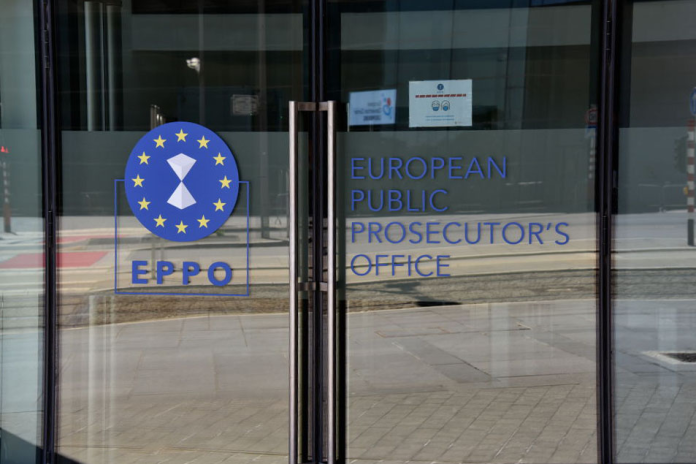A senior Bulgarian judge from the European Public Prosecutor’s Office (EPPO) accused Bulgarian authorities of obstructing investigations into corruption and fraud, Euractiv reported.
Teodora Georgieva, head of the Bulgarian EPPO office, spoke at a conference in Sofia on Tuesday, organised by the Bulgarian Institute for Legal Initiatives.
We have several cases of witnesses who were fired from state services because they cooperated with the [EPPO] investigation.
Georgieva also cited a case where the Interior Ministry refused to execute a court order to search and seize an office, prompting an internal police investigation that found no wrongdoing.
She pointed to widespread corruption in public tenders, revealing that the same commercial companies repeatedly won high-value contracts despite lacking the necessary professional capacity or experience.
The EPPO official stressed that a major legal loophole in Bulgaria, where customs fraud—such as falsifying data on the origin, quantity, and quality of goods—was treated as an administrative violation rather than a crime.
This legal gap leads to distortion of the EU’s internal market.
Unimplemented EU directives
The head of the Bulgarian EPPO office also criticised the country’s failure to fully implement the EU Directive on fraud affecting the bloc’s financial interests, particularly regarding the criminal liability of legal entities. The lack of compliance undermined efforts to combat corruption and protect EU funds.
The conference was opened by Bulgarian President Rumen Radev, who called for decisive action against “political and oligarchic influence on the judicial system.” Radev lamented the lack of accountability for high-level crimes over the past 30 years, describing it as a “brutal demonstration of impunity and helplessness.”
No effective investigations have been conducted into all reports of crimes at the highest levels of power over the last 30 years, no one has been found guilty, and no one has been punished.
Georgieva’s revelations underscored the challenges facing Bulgaria’s judicial system and its cooperation with EU anti-corruption efforts. As pressure mounts for reform, the Bulgarian government faces increasing scrutiny from both domestic and international stakeholders.
